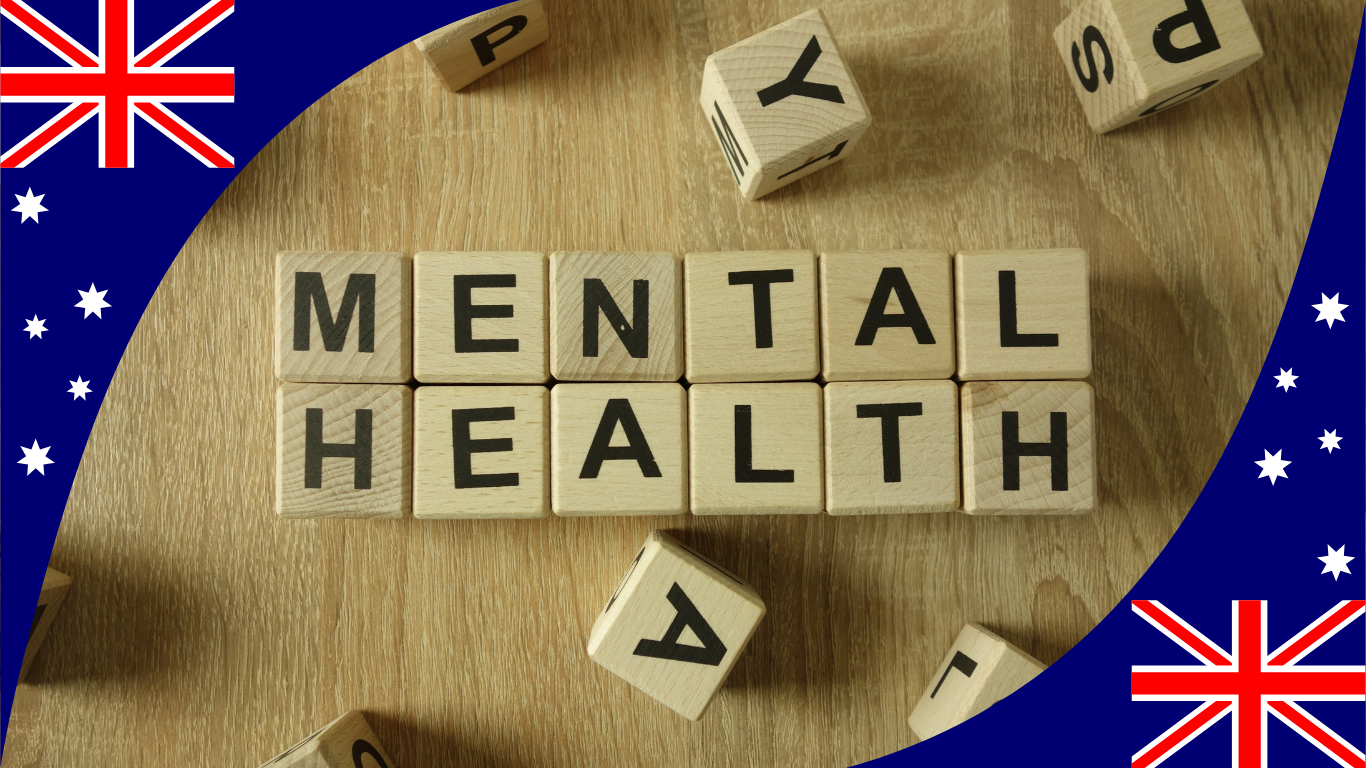When applying for an Australia visa, understanding the mental health requirements for Australia visa applicants is crucial. These requirements are a key part of the visa medical assessment process, and failure to meet them can result in a visa rejection. In this guide, we’ll walk you through the mental health assessment process, common reasons for rejections, and how to prepare the proper documentation to ensure a successful application.
What Are the Mental Health Requirements for Australian Visa Applications?
All visa applicants must undergo a visa medical assessment to determine whether their health could pose a risk to public safety or health. The mental health requirements for Australia visa applicants vary depending on the type of visa. Those applying for work visas or seeking permanent residency may face more extensive checks compared to tourists or students.
The Department of Home Affairs requires evidence of the applicant’s mental health, and issues like depression, anxiety, and psychotic disorders can lead to rejection. Find out more about Australia’s visa medical requirements here.
Why Is Mental Health Considered in the Visa Process?
The Australian immigration system places a strong emphasis on ensuring that visa holders do not pose a public health risk or place undue strain on the healthcare system. Mental health issues can have a significant impact on a person’s ability to integrate into Australian society or contribute to its workforce. The goal of mental health assessments is to evaluate whether the applicant requires significant ongoing healthcare or support services that could potentially cost the Australian government.
For this reason, applicants with serious mental health issues, such as active psychosis or severe untreated conditions, may have their visa applications denied. However, those with manageable or well-controlled conditions often receive approval with appropriate documentation and support.
Common Reasons for Visa Rejection Due to Mental Health Issues
The mental health requirements for Australian visas are strict because the authorities aim to ensure that visa holders will not place a strain on the healthcare system. Some common mental health issues that may cause rejection include:
- Severe depression or anxiety
- Bipolar disorder or psychotic disorders
- Substance abuse issues
- Personality disorders
It’s important to demonstrate that you are receiving proper care and treatment if you have a mental health history.
How to Prepare for Mental Health Assessments
Proper preparation is key to a successful medical assessment. Here are a few essential steps to follow to meet the mental health requirements for Australian visas:
- Gather all medical documentation: Ensure you have records of past diagnoses and treatments.
- Obtain a report from a clinician: A report from a qualified mental health professional is crucial to your application.
- Be transparent: Full disclosure about your mental health history is necessary.
- Work with an expert: An immigration consultant can ensure that your medical documents meet the required standards.
How to Address Mental Health Issues in Your Application
In some cases, applicants may face challenges in meeting the mental health requirements for Australia visa. Here are some steps you can take to improve your chances of success:
- Provide evidence of stable mental health: If you have a history of mental health conditions, showing that your condition is stable and well-managed can help. This may include recent medical evaluations and proof of ongoing treatment.
- Demonstrate social and professional stability: If your mental health condition is well-managed, providing evidence of employment, education, or a stable living situation can strengthen your application.
- Undergo additional assessments: If requested, be prepared to undergo further mental health evaluations. These assessments may help the authorities understand your mental health status better.
Expert Advice on Mental Health Assessments
At IC Australia, we specialize in guiding applicants through the mental health requirements for Australia visa processes. A mental health clinician can assess your readiness for immigration and provide detailed reports for submission.
We understand that mental health issues can be sensitive, so our team ensures that your documentation is handled with the utmost care. Contact IC Australia to schedule your consultation with an expert today.
Appeal Process for Rejected Visa Applications
If your visa application is rejected due to mental health concerns, you have the option to appeal the decision. The appeal process involves submitting updated medical records, providing evidence of stable health, and presenting your case with the help of an immigration consultant.
To learn more about the appeal process, visit the Department of Home Affairs.
The Role of Mental Health Clinicians in Visa Applications
A mental health clinician plays an important role in assessing applicants who need to meet the mental health requirements for Australia visas. Their job is to review the applicant’s mental health history, stability, and prognosis. The clinician must submit a report to the Department of Home Affairs as part of the visa application.
Mental health clinicians are qualified professionals. They may be psychiatrists, psychologists, or clinical social workers. These clinicians are authorized to provide the necessary documentation for immigration purposes. They conduct evaluations based on the applicant’s medical history, treatment plans, and psychological assessments. The clinician will also give their professional opinion on whether the applicant’s condition is stable and whether it could impact visa eligibility.
It is important to be transparent about your mental health history and treatment. Being open will allow the clinician to make a more accurate evaluation. You may also want to ask your clinician to include details about your current treatment, support systems, and your ability to manage your condition while living and working in Australia.
A clear, comprehensive report from a qualified clinician can help show your mental health stability. This can increase your chances of meeting the visa requirements.
Understanding the mental health requirements for Australian visas is critical when applying for any visa. Proper documentation, transparency, and working with experts like IC Australia can help ensure your application is successful.
If you need assistance navigating the visa medical requirements or dealing with a rejection, we’re here to help. Book a consultation with one of our immigration consultants today to ensure you meet all mental health assessment requirements.


